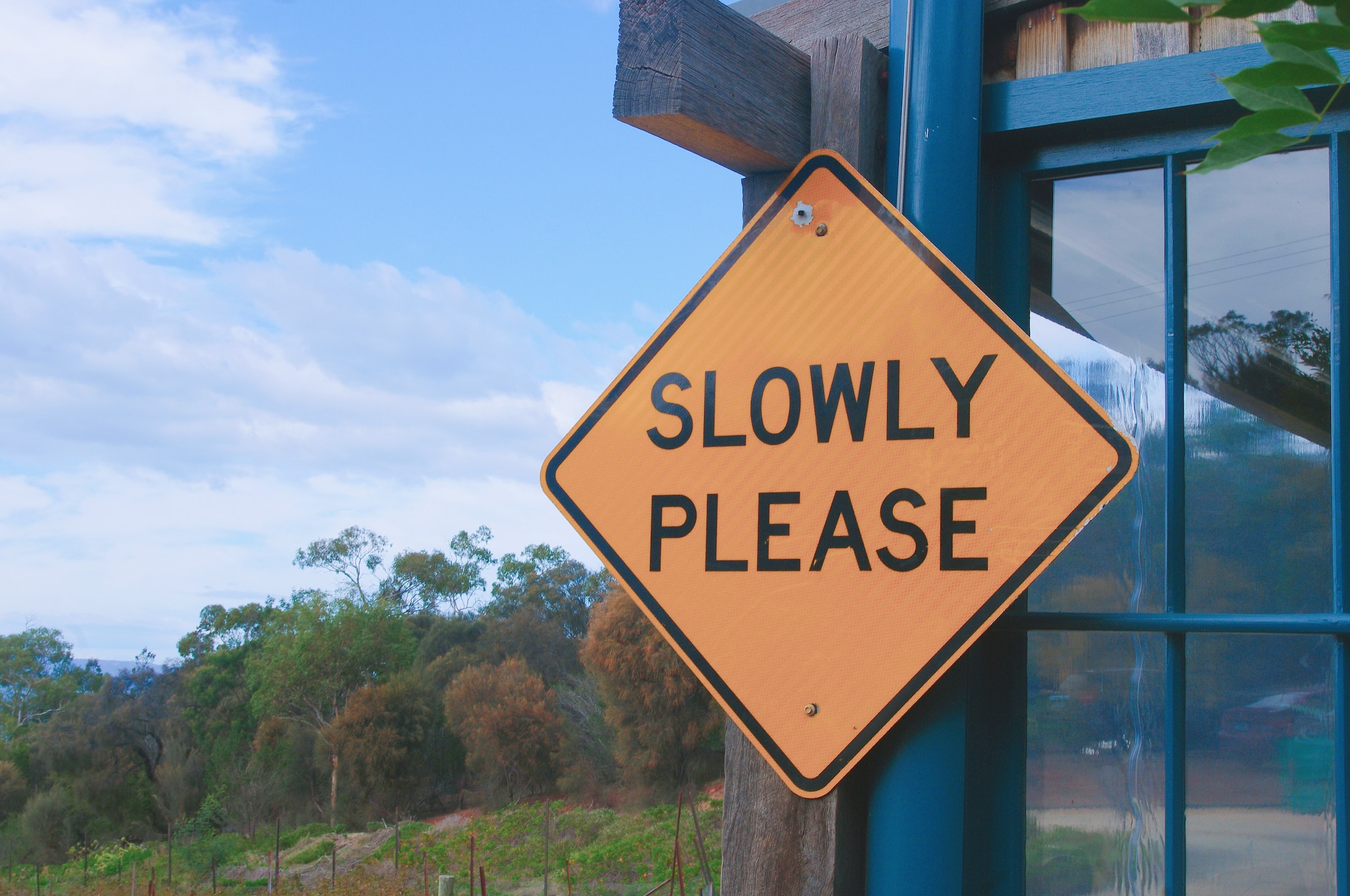Today we will talk about English adverbs, the words like “definitely, usually, happily”. Do not confuse them with adjectives, we will talk about adjectives in the other articles! So, today we will learn their types, formation and some spelling nuances. Let us start!
An adverb is a part of speech that consists of one or more words and can answer the following questions: “How? Why? Where? When? How often? Which way? To what degree?”, for example: “fast, well, great, usually, badly, etc”. There are several types of adverbs, usually they are classified according to the questions they answer. These are:
- Adverbs of manner - “How?” (e.g. slowly, well)
- Adverbs of time - “When?” (e.g. tomorrow, now)
- Adverbs of place - “Where?” (e.g. here, there)
- Adverbs of direction - “Which way?” (e.g. through, across)
- Adverbs of frequency - “How often?” (e.g. rarely, often)
- Adverbs of degree (e.g. very, really)
- Certainty adverbs (e.g. certainly, definitely)
- Comment adverbs (e.g. fortunately, undoubtedly)
We can see that all these adverbs have different endings. In common, there are two options: adverbs that have their own form without any suffixes and adverbs formed by adding suffix “-ly” to an adjective. For instance, “usually” is formed by adding “-ly” to the adjective “usual”, while the adjective “fast” can also be an adverb, it has no suffixes or prefixes, so you should learn its form. That is why as we talk about word formation, we shall study the main suffix of English adverbs - “-ly”. Pay attention, that you can also form an adjective with this suffix, it happens more rarely, but still! Well, sounds easy: form an adverb by adding “-ly” to an adjective. But there are several spelling nuances:
- If an adjective ends in “-y”, you should change “-y” into “-i” and add “-ly”. For example: “happy + ly = happily”. But there are three exceptions: “shyly, slyly, coyly”.
- If an adjective ends in “-le”, change “e” into “y”. For instance: “simple + ly = simply”.
- If an adjective ends in “l”, this letter should be doubled: “natural + ly = naturally”.
- If an adjective ends in “ic”, add “ally” at the end. For example: “iconic + ally = iconically”. There is an exception as well: we do not say “publically” but “publicly”.
In conclusion, let us say that English adverbs are easy to form, because there’s only one suffix “-ly”. But remember, that there are other adverbs which you can not form this way and they should be learnt!










Comments (0)